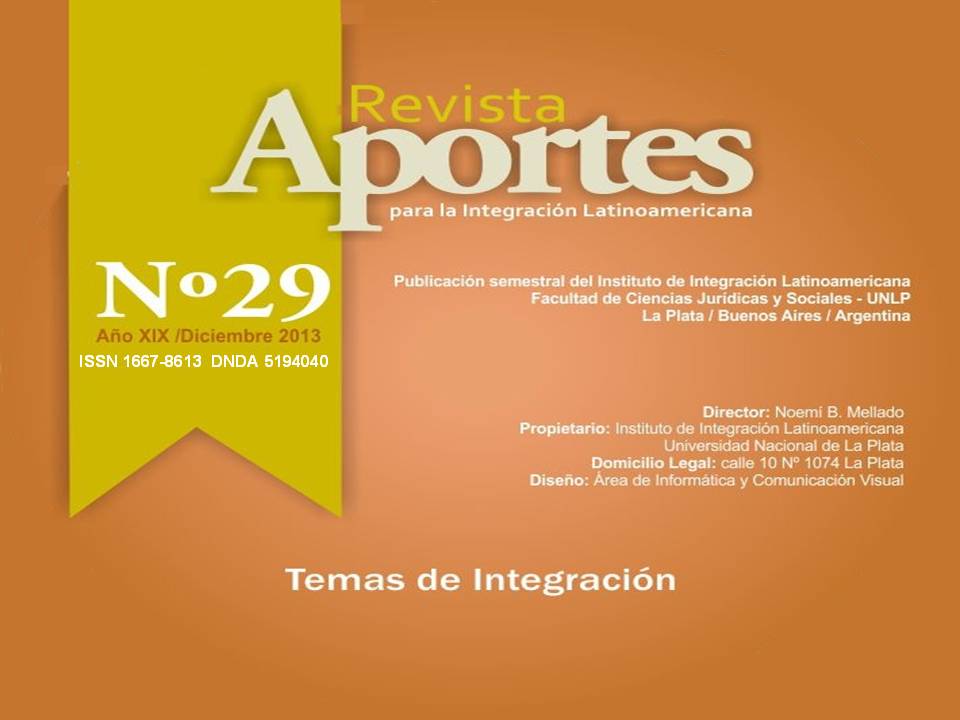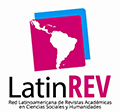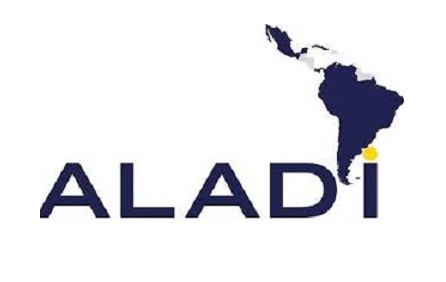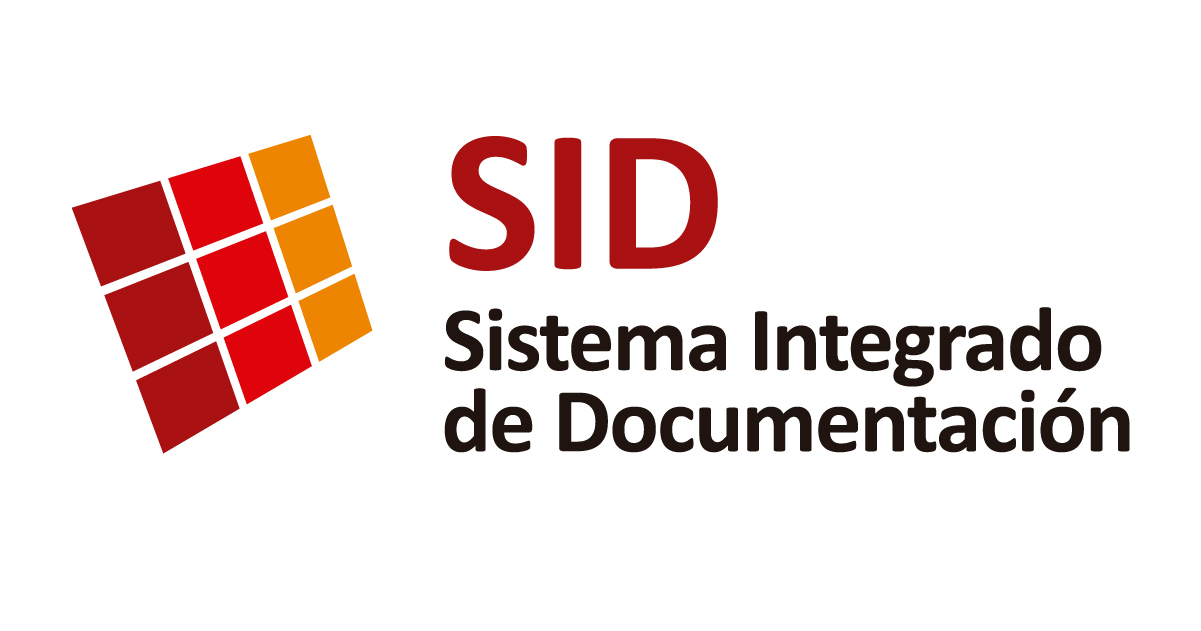No. 29 (19): Topics of integration

The integration processes face obstacles in their development that affect their progress and that require solutions that contribute to overcome them. In this issue Pablo Guadarrama González points out the role that higher education can play in carrying out this task. It is based on the fact that an appropriate academic formation of the professional participants of diverse disciplines is a propitious element to mitigate or to unlock the obstacle that stops or blocks the connection between the members of the scheme
The international studies in Argentina attract the interest of Pablo Bulcourf, Nelson Cardozo and Maximiliano Campos Ríos and consider them in their historical perspective. In order to do so, they are linked to internal history, the domain of the scientific-academic community, to external history, of which economic, cultural, political and social processes are a part, since both are articulated at the same time as they exert a conditioning One over the other.
Manuela G. González, addresses violence against women in the Latin American context. He clarifies that he focuses on Argentina. He estimates that in this way he will obtain the clues to understand the Latin American context of the question, as well as the current political and economic logic.
Ana Mirka Seitz, in Global and institutional changes in foreign policy: the case of IIRSA, UNASUR and Patagonia Argentina, in presenting these different issues, it is necessary to determine the elements that intervene in their relationship and that lead the author to formulate a series of questions. For example, with respect to the IIRSA (South American Infrastructure Initiative) Project, which is supported and guided by the GEF (Global Environment Facility) of the World Bank.

































